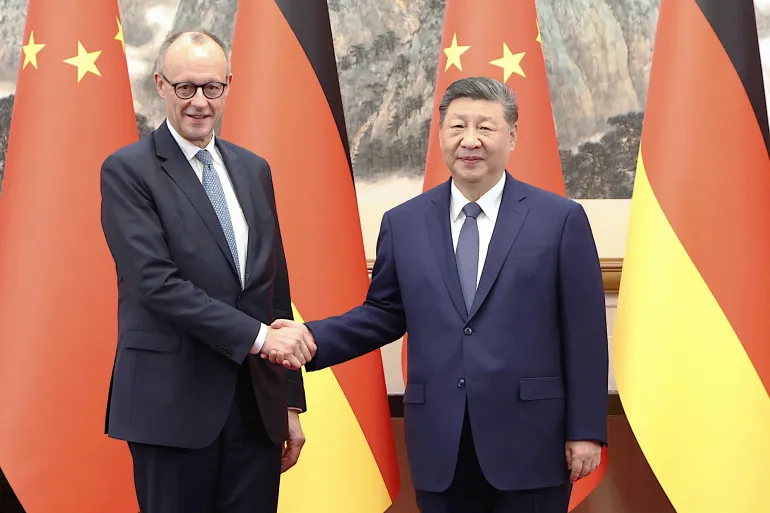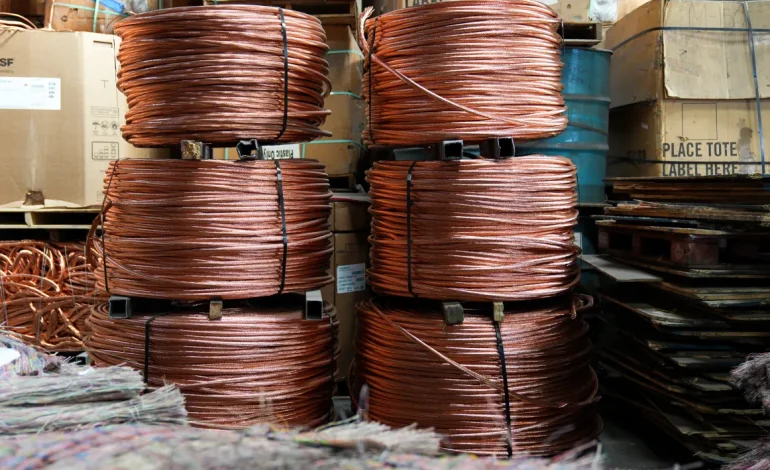President Donald Trump’s newly announced 50% tariff on imported copper is drawing concern from economists and industry analysts, who warn the measure could drive up costs across a broad spectrum of consumer goods and industrial sectors, CBS News reports.
The tariff, set to take effect August 1, targets one of the most widely used metals in manufacturing and infrastructure.
Trump unveiled the tariff on his Truth Social platform late Wednesday, citing copper’s role in national defense and advanced technologies.
“Copper is necessary for semiconductors, aircraft, ships, ammunition, data centers, lithium-ion batteries… and hypersonic weapons,” he wrote. “This 50% TARIFF will reverse the Biden Administration’s thoughtless behavior… America will, once again, build a DOMINANT Copper Industry.”
Copper is a foundational material in electrical wiring, plumbing, electronics, and renewable energy systems. It’s also critical to the production of household appliances, air conditioners, electric vehicles (EVs), and power grid components.
Economists say higher copper costs could ripple through the economy.
“It’s bad news all around,” said Ryan Young, senior economist at the Competitive Enterprise Institute. “Higher input costs usually mean higher prices for consumers — whether it’s home repairs, appliances, or electricity.”
Copper prices surged 13% earlier this week following reports of the impending tariff, reaching record highs. Analysts expect the impact of the new duty to be felt in multiple sectors, with products like refrigerators, EVs, and electronics likely to become more expensive if importers and manufacturers pass on the added costs.
Experts also warn that the tariff could indirectly affect the energy sector. Copper is essential in power grid maintenance and renewable energy technology.
“It would negatively affect the electricity industry and anybody who uses electricity,” Young added.
Daan de Jonge, an analyst at Benchmark Mineral Intelligence, echoed those concerns, writing that “a 50% price hike will have inevitable ripple effects on the cost of new infrastructure, housing, fridges, cars, and air conditioning.”
The United States currently imports roughly two-thirds of its copper, with major suppliers including Chile, Canada, Peru, and Mexico. While Trump administration officials argue the tariff will bolster domestic mining and manufacturing, analysts caution that scaling up US copper production is a long-term process.
“We aren’t ready,” said UBS strategist Kurt Reiman. “The mines would have to be built out, and that’s typically a multi-year process.”
Some observers suggest the tariff announcement may also serve a strategic purpose — potentially paving the way for new trade negotiations or exemptions for key partners. Reiman noted that Canada and Chile, major exporters to the US, might receive carveouts or quota arrangements under revised trade terms.
Retailers and manufacturers are already navigating a complex pricing landscape. Veronique de Rugy, an economist at George Mason University’s Mercatus Center, pointed out that the tariff could amplify existing pressures in sectors dependent on copper.
“It’s a pretty big deal,” she said. “Copper plays a huge role in the production of EVs and semiconductors, which are central to the future of both technology and transportation.”
In the short term, businesses may absorb some of the added costs, but many are expected to pass them on to consumers, potentially driving inflation in the second half of the year.










The latest news in your social feeds
Subscribe to our social media platforms to stay tuned